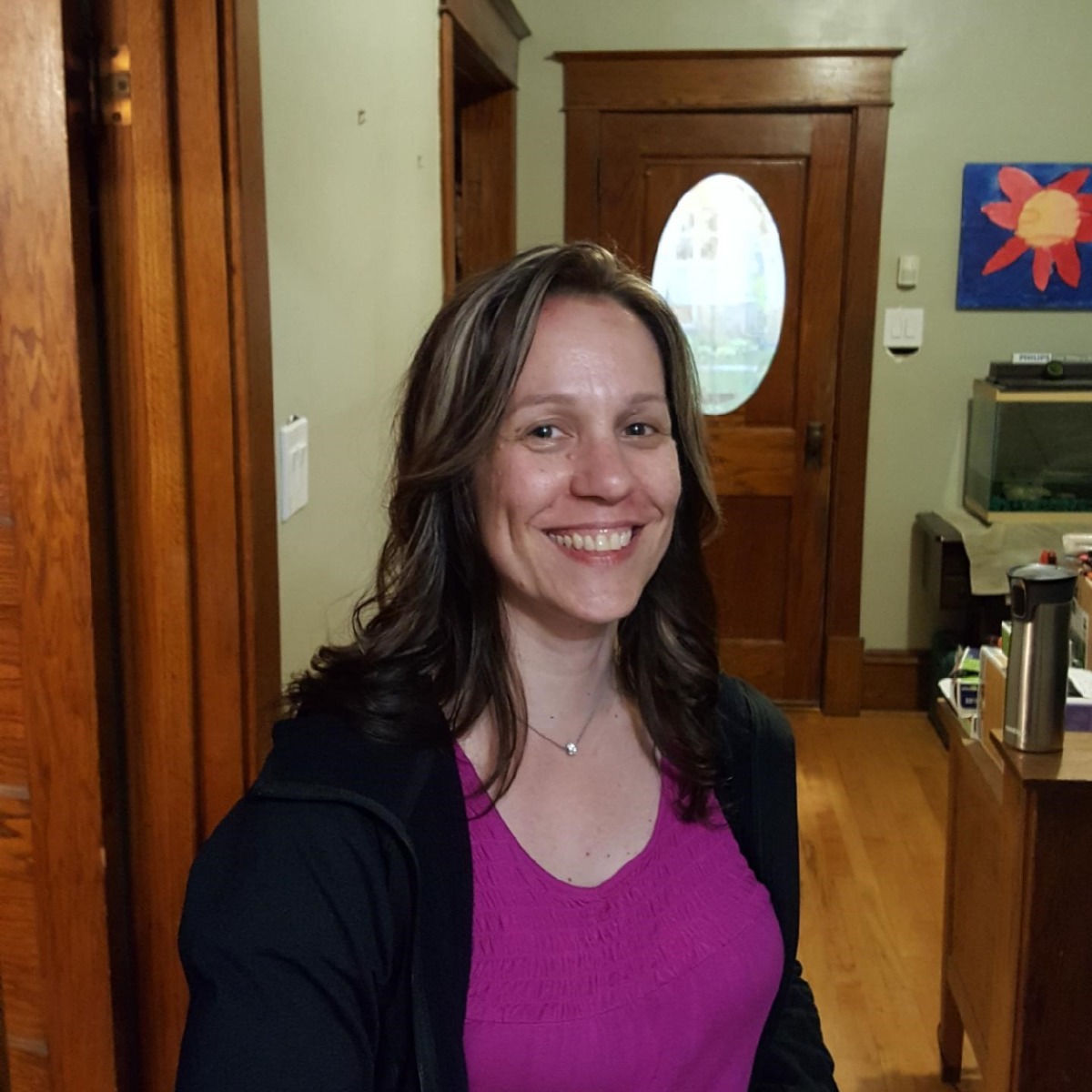By Suzanne Paintin
 January 4, 2010, I became a fly on the wall. I was at my surgeon’s getting results from my biopsy. It was supposed to be a quick appointment as the initial needle test of fluid prior to the biopsy was negative for cancer, or so we thought. I remember hearing the doctor telling me “unfortunately it was cancer….” I felt like I was having an out of body experience. I was there but literally watching over my body and the doctor from a distance. My world suddenly changed both physically and mentally.
January 4, 2010, I became a fly on the wall. I was at my surgeon’s getting results from my biopsy. It was supposed to be a quick appointment as the initial needle test of fluid prior to the biopsy was negative for cancer, or so we thought. I remember hearing the doctor telling me “unfortunately it was cancer….” I felt like I was having an out of body experience. I was there but literally watching over my body and the doctor from a distance. My world suddenly changed both physically and mentally.
My journey began with surgery in March 2010 followed by chemotherapy that ironically started April 1– not an April fool’s prank.
My first bath in the tub, I found hard physically and mentally. I could barely move. I had lots of bruising and was swollen from surgery, full of staples (stitches). I felt like I had lost control of simple tasks. Luckily my husband was there to help me in and out of the bath as well as to help clean me. We had to make sure not to get any of the surgery area of my body wet at all.
After two weeks of being sick in bed, I had some energy to leave the second floor of our house to go outside for a walk. I was physically unable to open our front door. I found this emotionally upsetting and burst into tears. My husband quickly opened the front door for me and said on the positive note that I was venturing outside. My famous walk took me almost 30 minutes to walk two houses down and back. It was nice to be outside apart from the side effects from the medications which left me overly sensitive to the light, sounds, and smells.
I remember one of my toughest days, I was in so much pain and mental anguish that I thought that God had abandoned me. A few days later, I realized that God had not abandoned me at all. God carried me through the worst days of my life. It was like my favorite poem, “Footprints in the Sand”.
After six rounds of chemotherapy, radiation started in August 2010. By December 2010, I was diagnosed with what I like to call my cancer trophy, lymphedema. My breast and arm started to swell and feel heavy. My new norm changed once again.
I am fortunate as I was sent to see a wonderful massage therapist trained in Manual Lymph Drainage. She taught me daily manual drainage exercises. I continue to see her once a month to help maintain my lymphedema. I wear a compression sleeve during the day and wear a night garment.
People ask me what it’s like to have lymphedema. It’s life changing, but I don’t let it stop me. I do things differently. If I can’t vacuum my whole house in one day, I break it up over two or three days. I have learned to listen to my body. It’s ok to not do everything in one day, and to stop and relax and watch some TV.
I also belonged to a great dragon boat team, Chemo Savvy, a team of dedicated women that are all breast cancer survivors. About a third of the team have lymphedema. It is great exercise for my arm. They taught me to never give up. Chemo Savvy does dry land training in winter, so they are ready to paddle once the snow melts. I have taken a leave from the team while I learn to manage vertigo with some exercises. A few years ago, I had a mishap falling off a ladder in our house during some painting renovations. I plan on returning in a year or two once my kids are a little bit older and I have a bit more time as I have more some outdoor painting on my house to do this year.
I also am part of a support group for lymphedema., We meet every third Tuesday of the month and have great speakers on many health topics. It’s a great safe place to share our thoughts and experiences about living with lymphedema.
Each day I have a reminder of my lymphedema. It could be pain in my arm, sore under my arm, sore on my side trunk area or all of them.
I now go to a bra store in Selkirk, Manitoba to get bras that fit better with higher sides, no wires and have good support.
There is a cost associated with everything. I am fortunate as my husband’s work insurance covers 80 percent of the compression garments. My latest sleeve cost $220 and should last approximately three months of wearing every day.
I learned something yesterday attending the Manitoba lymphedema symposium: you can learn to accept living with lymphedema, but you do not have to like it.
Most days are wonderful, and I am so thankful to be alive, but sure there are some frustrating moments or days when it’s difficult adjusting to the new norms whether it’s lymphedema, vertigo, plantar fasciitis etc. that I have. With the love and support from my family and friends after chemotherapy, I believe I can get through anything. Every day is a great day to be alive, live, love, laugh, and smile.

.jpeg)





